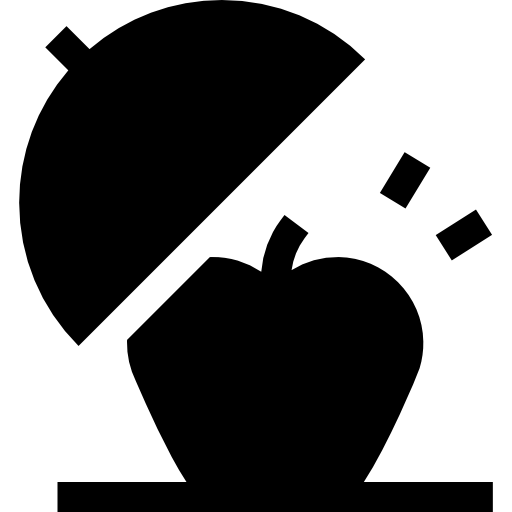
13 Life Hacks to Help Reduce Your Kitchen Food Waste
Food prices are soaring, yet as a society we’re wasting more than ever. In the UK alone, an estimated 9.5 million tonnes of food are wasted every single year. Households are responsible for around 6.6 million tonnes — the equivalent of throwing away 14kg of food each week per household.
At Flush, we believe food should nourish your body, not end up in the bin. Cutting down waste helps your wallet, your health, and the planet. Here are 13 simple, practical hacks to make your food go further.
1. Learn the difference between use-by and best-before dates
Use-by means food safety; best-before is about quality. Many foods are safe well past their best-before date if they still look, smell, and taste fine.
2. Respect every part of your food
Broccoli stalks, cauliflower leaves, carrot tops — these “scraps” are often the most flavourful and nutritious parts. Treat them as ingredients, not waste.
3. Freeze herbs, garlic, and ginger
Blend fresh herbs with a little oil, then freeze them in ice-cube trays. Drop into soups, stir-fries, or sauces whenever you need a burst of flavour.
4. Plan your meals once a week
Take stock of what you already have, write a list, and shop with intention. Planning saves money and ensures food gets eaten, not wasted.
5. Stock long-lasting basics
Tinned beans, lentils, vegetables, and grains are cheap, filling, and last for months. Having them on hand means fewer wasted fresh ingredients.
6. Pre-cut fruit for easy snacking
A simple trick: chop fruit into bowls at the start of the day. Family members are more likely to eat it when it’s ready to grab and go.
7. Have a weekly leftover night
Once a week, turn leftovers into a buffet-style dinner. Freeze what you can’t eat immediately — most foods are safe to freeze and reheat.
8. Master the art of soup
Soup is the ultimate waste-buster. Use tired vegetables, leftover grains, or scraps, add stock, and you’ve got a healthy meal. Batch cook and freeze portions.
9. Use the skins
Veg skins often hold the most fibre and flavour. Onion skins can infuse stocks, citrus juice can be frozen in cubes, and potato or carrot skins can crisp up into snacks.
10. Follow FIFO: First In, First Out
Organise your fridge and cupboards so older ingredients get used before the new ones. It’s the simplest way to avoid forgotten food.
11. Save your cheese rinds
Unless it’s waxed or cloth-coated, cheese rind adds umami flavour to sauces, soups, or casseroles. Chop and stir it in once softened.
12. Store produce properly
Citrus fruits, celery, and carrots last longer stored in water. Berries keep best in an airtight container after being washed and dried.
13. Eat accordingly
Base your meals around what’s at risk of going off. Leftover veg can be blitzed into dips, and uneaten fruit can become smoothies.
Final Thought
Food waste is both a health issue and a climate issue. By treating ingredients with respect and getting creative, you save money, protect the planet, and nourish yourself at the same time. At Flush, we see food as fuel — let’s make sure it never goes to waste.





